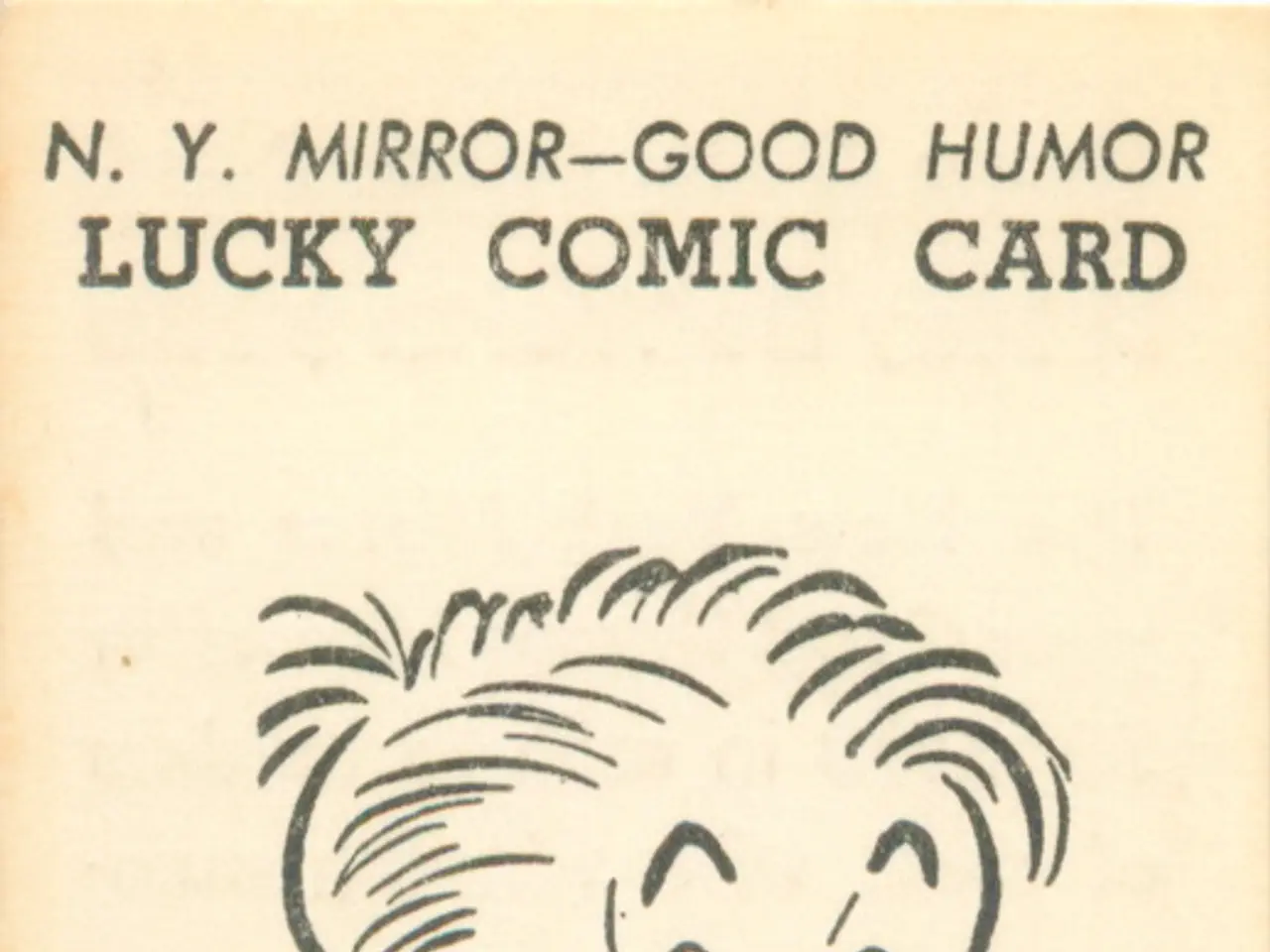Veteran television journalist Bill Moyers, renowned for his public affairs programming, passes away at the age of 91.
In a heartfelt announcement, it's been shared that Bill Moyers, renowned journalist and former White House press secretary, passed away at the age of 91. Moyers' career spanned across various fields, from young Baptist minister to deputy director of the Peace Corps, and from one of TV's most respected journalists to newspaper publisher.
Moyers died at Memorial Sloan Kettering in New York City, following a long illness, as confirmed by his son, William Cope Moyers. His close friend, Tom Johnson, former CEO of CNN, revealed the news of his death in a New York hospital.
Moyers gained considerable fame for his extensive work on public television, where he delved into cerebral and provocative subjects ranging from government corruption to media consolidation, and from religion to environmental abuse. His groundbreaking documentaries, shown on PBS, addressed topics such as the Iran-Contra scandal, the Men's Movement, and medical education, profoundly impacting viewers and the medical community.
Throughout his career, Moyers proved adept at "talking heads" interviews - shots of subject and interviewer conversing - showcasing a unique focus on the human face and mind. His no-holds-barred investigative approach and humanist perspective earned him numerous awards, including more than 30 Emmys, 11 George Foster Peabody awards, and the Alfred I. duPont-Columbia University Gold Baton Award for career excellence in broadcast journalism.
Despite criticism for his liberal stances, Moyers embraced this label while often stressing his independence from the establishment. He was a champion of openness, diverse ideas, and independent journalism, oftentimes addressing the limitations of the corporate media landscape in his work. Moyers' innovative, thought-provoking approach to broadcast journalism left a lasting impression on viewers and the industry as a whole.
Born in Hugo, Oklahoma, Moyers began his career as a young journalist, ultimately working for President Lyndon Johnson as his press secretary. After leaving the White House, he returned to journalism, fighting for societal reforms through his work on television and public radio.
Moyers was an intriguing figure who deftly combined journalistic integrity, humanism, and intellectual curiosity. His impact on public discourse and media will continue to resonate, inspiring future generations of journalists to push the boundaries, investigate truth, and advocate for a more open, honest, and just society.
References:1. "Bill Moyers and the Power of Independent Media." Fairness & Accuracy in Reporting (FAIR).2. "Bill Moyers and His Pivotal Role in Journalism." Paley Center for Media.3. "Bill Moyers: A Broadcasting Legacy." Columbia Journalism Review.
The news of Bill Moyers' passing has flooded various platforms, including general-news outlets, entertainment magazines, and political blogs. His extraordinary career in journalism extended beyond television, encompassing sectors like education and finance, where he often discussed the impact of media consolidation, economic inequality, and education reform. Despite focusing primarily on critically acclaimed programs in the sports and celebrity realm, many networks have paid tribute to Moyers for his remarkable contributions. As a testament to his impact, a majority of tributes highlight his groundbreaking documentaries, especially those delving into subjects like politics, religion, and controversial government scandals. Those close to him, including friends like Tom Johnson and his own son, William Cope Moyers, have shared fond memories and expressed their condolences on the loss of such an influential figure in the world of media.




